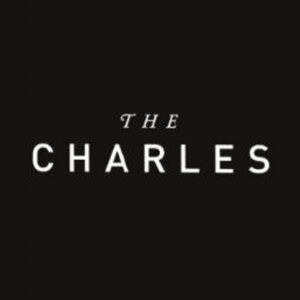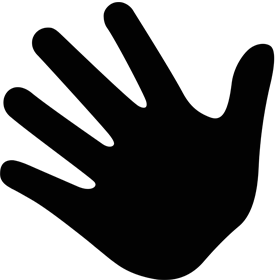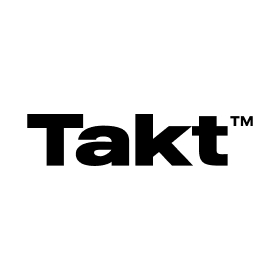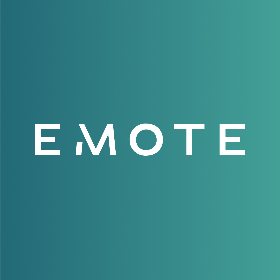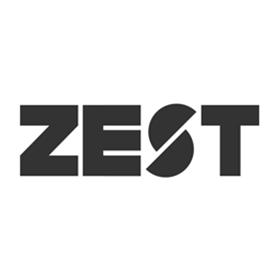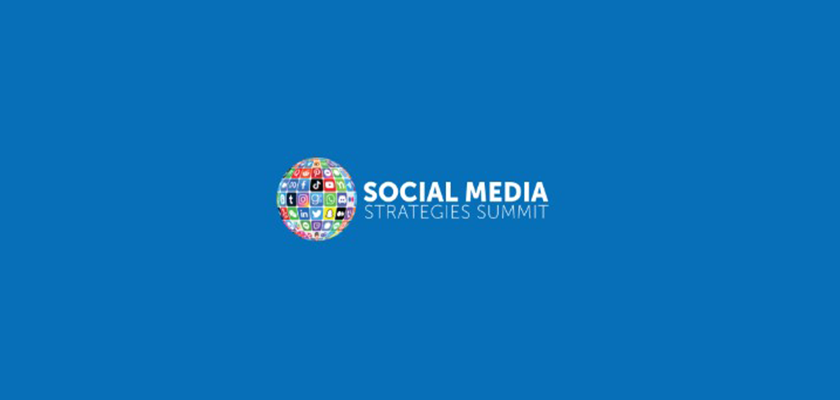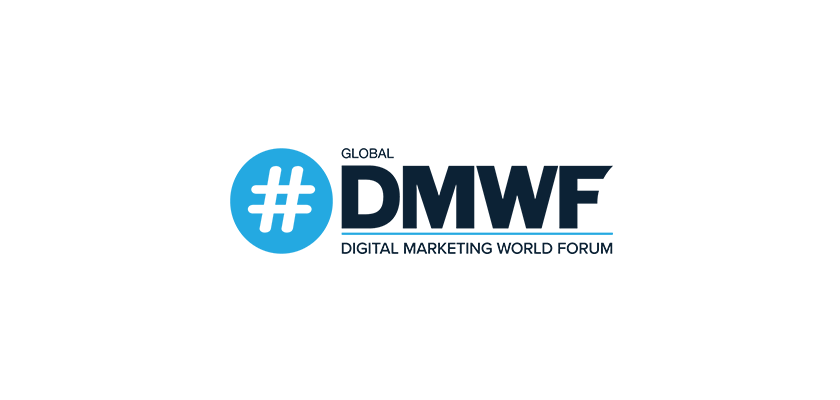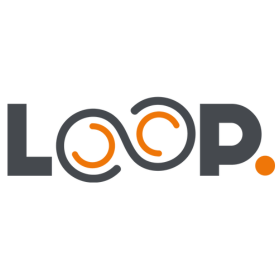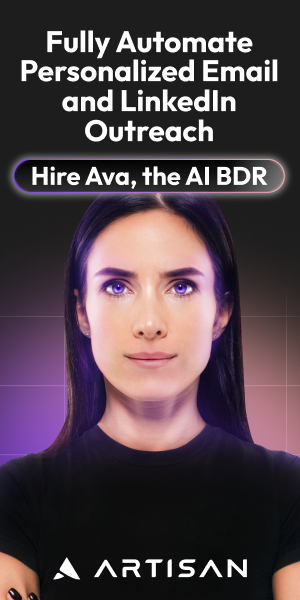Women’s Day Marketing Strategy: Successful Campaigns & Ads
A world without prejudice, stereotypes, or discrimination.
Each year, brands recognize International Women’s Day as an opportunity to align with social values, raise awareness against bias, and take action for gender equality—all while strengthening their brand identity.
By participating in this global, social movement, companies/brands celebrate women’s achievements while positioning themselves as advocates for progress. They, as well, resonate with socially conscious consumers.
As well known, consumers today (no matter the industry, age, etc.) expect brands to support women and LGBTQ+ via “meaningful” campaigns, policies, or initiatives. So much so that 62% of buyers look for gender equality in advertising and media.
So, celebrating that kind of social movement is a way to build stronger trust and loyalty among their audiences. Especially when considering that inclusive advertising can boost short-term sales by nearly 3.5% and long-term sales by over 16%.
On the other hand, International Women’s Day presents a powerful opportunity to engage in conversations about women’s social, economic, cultural, and political accomplishments. Around the world, organizations launch initiatives that promote female empowerment, gender equality, and women’s rights and ensure their brand is part of a movement that matters.
In this blog, we’ll explore successful International Women’s Day marketing campaigns, including creative ads and social media ideas of all time.
What’s Inside
Inspiring International Women’s Day Campaigns by Famous Brands
Global brands are getting behind International Women’s Day in new and innovative ways by supporting community organizations to engage customers on social media. From Calvin Klein’s provocative campaign for the Asian market to Netflix’s effort to make room for diversity, there are different ways brands can lend their support to International Women’s Day.
Are you looking for inspiration from the best International Women’s Day campaigns? We have collected our favorite examples.
Nike – One Day We Won’t Need This Day
Let’s start with an example that goes beyond a simple celebration.
Nike, a well-known brand with inspiring ads worldwide, released an ad back in 2020 that showed how to present a bold vision for the future.
Instead of just acknowledging women’s achievements, the ad imagines a world where gender equality is the norm and women no longer need a special day to be recognized.
On International Women’s Day, Nike is celebrating the women who have moved sport forward—in the hopes that One Day, every day will feel like this one we mark on our calendars.
With the ad, featuring real-life role models like Serena Williams and Megan Rapinoe, Nike sparks a discussion about gender equality.
Mattel – Barbie Honors Female Athletes
Mattel’s Barbie Honors Female Athletes campaign showcases how purpose-driven marketing should be done.
In 2024, the toy manufacturing company celebrated both Women’s Day and its 65th anniversary by creating dolls of 9 female athletes, including Venus Williams and Christine Sinclair.
As you already know, Mattel and Barbie have been criticized for years for promoting unrealistic beauty standards and negatively influencing young people.
So, that campaign is not a simple celebration move; it also helps Mattel to rebrand Barbie as a symbol of empowerment and diversity.
Of course, the brand used digital marketing to amplify that unique campaign; Mattel shared athletes’ stories, hashtags like #BarbieRoleModels and #YouCanBeAnything, and invited well-known celebrities (like Drew Barrymore) to participate in digital discussions.
That Women’s Day marketing campaign is a great example of mastering storytelling, influencer reach, and inspirational content.
Stabilo Boss – Highlight the Remarkable
The Stabilo Boss campaign, created by DDB Group, is not the most recent Women’s Day creative ad, but it is one of the most memorable.
The campaign uses black-and-white photos where a yellow Stabilo Boss highlighter draws attention to an important woman in the scene; it’s actually a commitment to sharing untold stories of women in history.
Why is it brilliant for the marketing world?
The campaign is a masterclass in transforming commodity products into emotional connection tools. While doing that, the brand uses no unnecessary elements, just a bright yellow, and it says it all.
Burger King – Women Belong in the Kitchen
Let’s continue with a controversial digital campaign, which sparks discussions and causes a backlash.
On March 8, 2021, the food chain, whose marketing team really knows how to use social media channels as a marketing tool, shared the controversial phrase “Women belong in the kitchen” on X to spark conversation about gender inequality in the restaurant industry.
With the focus on catching people’s attention to the lack of female chefs in leadership roles, the brand promoted its new scholarship program for female chefs.
Even though that move got some backlash because of the first phrase without context, we accept it as a good Women’s Day social media campaign since it grabbed the attention instantly. It also tapped into real social issues instead of simply celebrating the day.
At that point, it is better to remember that digital marketing can be intentionally provocative.
Volkswagen – My Favourite Things
You might suppose this one is a race car kind of spot, but Volkswagen India’s ad campaign is an IWD one. With the featuring music, smoke, and drifting visual effects, the brand tricks users into believing that this is a race-car ad.
The 52-second spot shows a racecar driver drifting the car, performing adrenaline and outrageous donuts on the asphalt track. Stepping out, revealing while removing their helmet, the driver turns out to be a young lady, 21-year-old Shivani Pruthvi, and she’s an NCC cadet, a medical student, and a professional race driver.To empower diversity and change, Volkswagen’s spot is a successful one in automotive marketing.
Calvin Klein – #MyCalvins
Beauty, gender and size diversity… A movement to embrace diversity in all its forms is all the rage in the Western fashion world, but it has yet to find fertile ground in Asian culture. That trend may be changing, however. For this year’s International Women’s Day on March 8th, American luxury fashion brand, Calvin Klein, is on a mission to empower Asian women to challenge gender norms.
The challenge was to devise a campaign which would encourage consumers to re-think Calvin Klein Underwear, shining a light on the diverse collections available. Channel focus: Digital and in-store activations. Calvin Klein engaged 10 women from all walks of life, from across Asia all who made an empowering statement.
In recognition of Women’s Day 2019, Calvin Klein is rolling out an advertising campaign tailored for the Asian market, focusing on empowerment and challenging traditional gender norms. This campaign examines conceptions of womanhood within Asian cultures and is centered around women making bold personal statements about their gender identity and the obstacles they face within their communities.
For the campaign, each of these individuals performs a monologue on the themes of confidence and courage and the importance of authenticity and self-discovery in the face of pressure and obstacles from wider society.
PayPal – #BalanceForBetter
PayPal’s theme of International Women’s Day 2019 was Balance for Better – aiming to forge a more gender balanced world and raise awareness against bias.
PayPal support this theme in their video which features female business leaders having a discussion on the ways we can bring gender balance to the workplace. Entrepreneurs including Benefit’s Lisa Edwards describe their experiences of being a woman in business and offer advice for women looking to grow their own business.
Throughout March, PayPal pledge to donate to charities helping women around the world when customers use PayPal to pay for purchases in select retailers run by female CEOs.
Content Manager at PayPal said:
It’s really encouraging to see female business leaders talking about their experiences and their advice is definitely something I’ll take into my professional life. I also like the way PayPal are shining a light on some female-led brands and the sentiment is really ingrained in PayPal’s culture with things like their Unity Program.
Netflix – Make Room
The Netflix ad, which stars actress Uzo Aduba, promotes how the streaming platform makes room for stories about women and other underserved communities that do not always make it to Hollywood.
In the Red&Co spot, Aduba addresses the camera, asking questions about diversity and and boundaries, tells about the world is full of those rooms–and their limits. It’s a sharp commentary on Hollywood historically can be difficult to navigate, and succeed in, for diverse creators.
Have you ever been in a room and didn’t see anyone else like you? Have you ever thought you definitely belonged but were told subtly, or not so subtly, that you didn’t?
The world is full of those rooms–and their limits. Let’s make room–for voices yet to be heard, for stories yet to be toll. We’re making room for you to find them, and for them to find you.
More room. More stories. More voices.
But in the universe of Netflix, the spot posits that t’s a completely different story. It follows Aduba wandering into scenes from comedian Hannah Gadsby’s Netflix special, Alfonso Cuaron’s Oscar-winning film Roma and onto the wrestling ring of Glow. She even encounters herself, in her Emmy-winning role as Suzanne Crazy Eyes Warren in Orange Is the New Black.
Reebok – Bruises Can Be Good
Isobar, the digital agency from Dentsu that handles the digital solutions for Reebok India, released a thought-provoking campaign – #BruisesCanBeGood on International Women’s Day. Launched with a social experiment, it makes a compelling statement on societal insights.
According to the National Family Health Survey, every third woman in India has faced domestic violence of various forms since age 15. Therefore, #BruisesCanBeGood brings to light the harsh reality and the prevalent mind-set of the society by involving real audience. Emphasizing the importance, the spot aims to establish the need for self-defence education from a young age. Featuring a real combat artist, the social experiment further underlines the brand’s overarching communication for women, #FitToFight.
Silvia Tallon, Senior Marketing Director, Reebok India, said,
Our idea behind “Bruises can be good” was to showcase the skewed lens with which our society views bruises and women. The ingrained perceptions of bruises being violence inflicted, shadows the inner strength of the woman and allows us to undermine them. Since combat training is in our brand gene, Reebok honours these bruises as a mark of physical strength and mental toughness that can face any challenge. On International Women’s Day, we salute women who beat the odds and are “fit to fight” physically, mentally and socially.
Lysanne Louter, Co-Founder & Creative Director at Fluency shared her insightful thoughts about diversity in our Q&A session, mentioning the importance of a women-owned and operated digital marketing agency:
Women need to blaze their own trail and reinvent the agency model by placing women’s unique needs at the heart of their organizations. Positioning ourselves as a women-centred agency definitely demands more of us as leaders but it also sets us apart from our competition.
Thanks to all women who make this world a better place with their perspectives and the important decisions they make.

